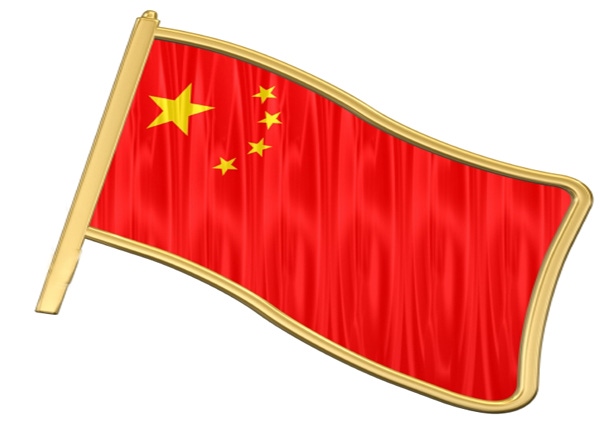
Fresh off the Russian ban of all U.S. beef, pork and turkey exports effective Feb. 11, U.S. officials are now scrambling to ward off restrictions to the larger Chinese pork export market, in both cases because animals were fed ractopamine.
Russian officials banned U.S. shipments because the feed additive, used to enhance lean meat production prior to slaughter, didn’t meet zero tolerance levels. Ractopamine, marketed by Elanco Animal Health, has been approved by the Food and Drug Administration and the Codex Alimentarius, an international organization that sets science-based food safety standards.
Just a week after that ban, Chinese officials demanded that effective March 1, a third party verify that U.S. pork shipments are free of ractopamine.
National Pork Producers Council (NPPC) CEO Neil Dierks says the suddenness of the announcement and lack of details about testing have resulted in government and trade officials asking for a time extension to meet certification requirements.
“We are still trying to gather some more specifics from China on what they will accept as far as an assurance measure that a product is ractopamine-free,” says Joe Schuele, communications director for the U.S. Meat Export Federation.
U.S. officials are seeking some relief to gain more time to develop something that is more workable, he says.
Schuele stresses it’s important to look at the Chinese situation as a challenge to fend off an interruption in product flow – and not as a potential product ban as has happened in the case of Russia.
“We still have a very solid flow of products going to China and we don’t want that to change,” he says. “We are working very hard to find some solutions here.” China is the third-largest market for U.S. pork in terms of volume behind Mexico and Japan and ranks fourth in terms of value behind Japan, Mexico and Canada.
Schuele points out that the Chinese situation excludes Hong Kong, which operates a separate regulatory system.
Nearby Taiwan also presents challenges for U.S. pork because of a zero tolerance policy for ractopamine. Some ractopamine-free U.S. pork is being shipped to Taiwan, valued at over $3 million per month.
About the Author(s)
You May Also Like





